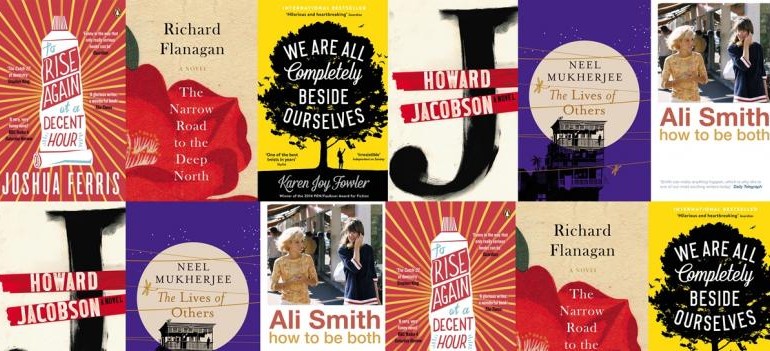For author and historian Hilary Mantel it is nesh. For Aminatta Forna it is plitter. While Nina Stibbe goes all goosey over fetlocks. They are among the writers who contributed their favourites to words we love compiled by The Guardian. Perhaps not surprisingly, many of the words come from the writers early upbringing or cultural background. Neel Mukherjee says he believes every Anglo-Indian knows only too painfully the expression tight slap: “A tight slap is when the hitting palm makes full and satisfying contact with the cheek being hit. No slippage resulting from the face being turned away or trying to dodge, none of the unsatisfactory business of only the fingers making contact instead of the entire hitting palm; full connectivity, in other words. He puts it in the same class of words as chokra-boy (a young male servant or ne’er-do-well), and baba-log (the word Anglo-Indians used of their children when talking to their nannies).
Nina Stibbe goes all goosey over fetlocks. They are among the writers who contributed their favourites to words we love compiled by The Guardian. Perhaps not surprisingly, many of the words come from the writers early upbringing or cultural background. Neel Mukherjee says he believes every Anglo-Indian knows only too painfully the expression tight slap: “A tight slap is when the hitting palm makes full and satisfying contact with the cheek being hit. No slippage resulting from the face being turned away or trying to dodge, none of the unsatisfactory business of only the fingers making contact instead of the entire hitting palm; full connectivity, in other words. He puts it in the same class of words as chokra-boy (a young male servant or ne’er-do-well), and baba-log (the word Anglo-Indians used of their children when talking to their nannies).
Folio Prize shortlist sees some intriguing omissions
Sometimes, the list of entrants who don’t make make it onto the shortlist for a literary prize can be as interesting as those who do. The prestigious Folio Prize, which is open to books of any genre from anywhere in the world, written in the english language and published in England, this week named its final eight, and there were some surprising omissions. First the shortlist which includes some exciting and original works:
Will head or heart triumph when the Man Booker Prize 2014 is announced?
So, which will triumph tomorrow when the Man Booker Prize winner for 2014 is finally announced? Head or heart? My heart wants it to be Richard Flanagan’s harrowing but deeply moving historical drama The Narrow Road to the Deep North largely focused on Australian prisoners of war building the Burma Railway. A close second would be Karen Joy Fowler’s stunningly original and at times very funny We Are All Completely Beside Ourselves which also raises some important and difficult ethical questions.
My head says it will be Howard Jacobson’s bleak, dystopian J or possibly Neel Mukherjee’s The Lives of Others a sweeping masterpiece about the decline of a family, set in the 1967 Bengali famine. But like everyone except the judging panel, I
